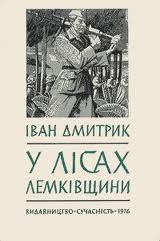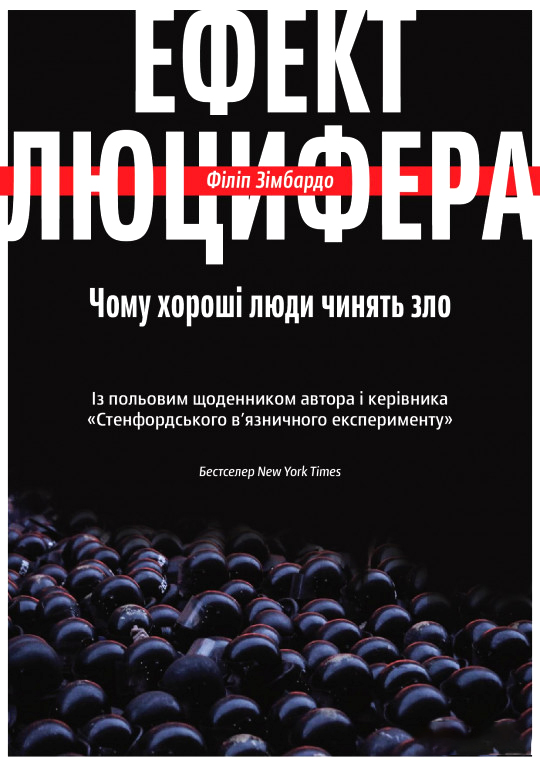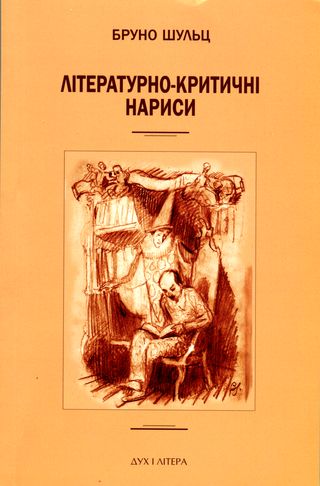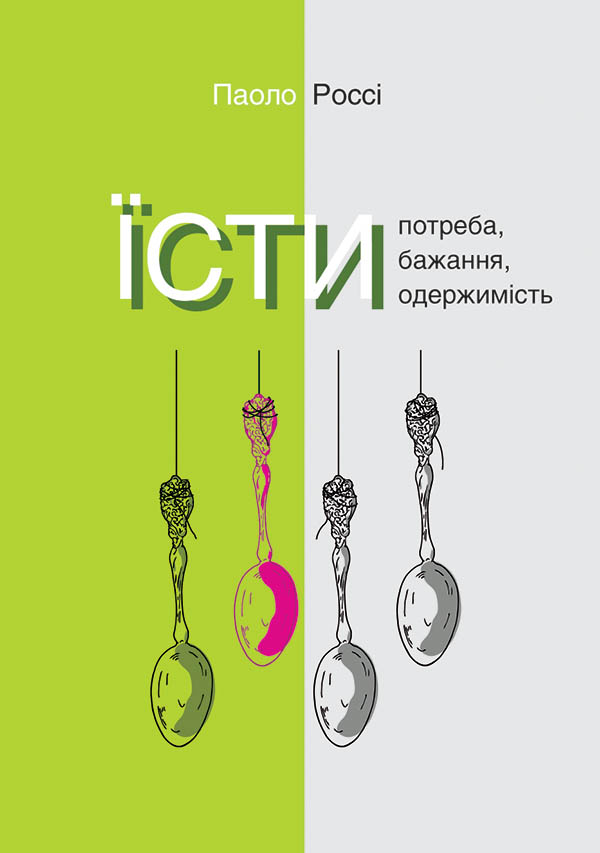Читати книгу - "Три сили. Як виховують в успішних спільнотах"
Шрифт:
Інтервал:
Додати в закладку:
130 Garcia, Havana USA, p. 15; Gonzalez-Pando, The Cuban Americans, p. 33. Зокрема, серед так званих золотих вигнанців, які прибули під час першої хвилі імміграції до США, приблизно 25% були суддями, правниками, фахівцями середньої або високої кваліфікації; 12% обіймали на Кубі адміністративні або керівні посади і 31% працювали у церкві або у торгівлі. Thomas D. Boswell and James R. Curtis, The Cuban-American Experience: Culture, Images, and Perspectives (New Jersey: Rowman & Allanheld, 1984), pp. 45–6.
131 Gonzalez-Pando, The Cuban Americans, p. 47.
132 Garcia, Havana USA, pp. 5, 86–7.
133 WorldCity, “The 2009 Who’s Here Multinational Economic Impact Study” (2009), p. 2, режим доступу: http://www.bus.miami.edu/_assets/. les/news-media/recent-news/WhosHere09.pdf (дата звернення: 5 липня 2013).
134 The U.S. Conference on Mayors, U.S. Metro Economies: Outlook — Gross Metropolitan Product, and Critical Role of Transportation Infrastructure (2012), appendix table 1; див. також Garcia, Havana USA, pp. 86–7; Grenier and Perez, The Legacy of Exile, pp. 48–50.
135 Див. Patrick Verel, “Fordham Alumnus Recounts Rise to Top of Sugar Industry”, Inside Fordham, February 25, 2013, http://www.fordham.edu/campus_resources/enewsroom/inside_fordham/february_25_2013/news/fordham_alumnus_reco_90307.asp; Marci McDonald, “A Sweet Deal for Big Sugar’s Daddies”, U.S.News & World Report, August 6, 2001.
136 TomGjelten, Bacardi and the Long Fight for Cuba: The Biography of a Cause (New York: Viking, 2008), pp. 194–5, 205–6, 208, 235–6; W. Blake Grey, “Bacardi, and Its Yeast, Await a Return to Cuba”,Los Angeles Times, October 6, 2011.
137 Gonzalez-Pando, The Cuban Americans, p. 21.
138 Douglas Martin, “G. Grinburg, Watch Baron, Dies at 77”,New York Times, January 6, 2009; “Movado Group, Inc.”, 2013 Form 10-K, .led with the Securities and Exchange Commission, http://www.sec.gov/Archives/edgar/data/ 72573/000119312513126699/d444274d10k.htm#tx444274_3.
139 Kateri Drexler, “Carlos Gutierrez”, in Icons of Business: An Encyclopedia of Mavericks, Movers, and Shakers 1 (Westport, CT: Greenwood Press, 2007), pp. 203– 21.
140 Ralph de la Vega, Obstacles Welcome: How to Turn Adversity into Advantage in Business and Life (Nashville: Thomas Nelson, 2009), pp. 1–3, 10; Robert Reiss, “A Journey from Cuba to Corporate Leadership”, Forbes, April 5, 2010.
141 Garcia, Havana USA, p. 18.
142 Gonzalez-Pando, The Cuban Americans, pp. 33–4, 36, 47–8 (цитата із інтерв’ю з антропологинею Мерседес Сандоваль); Garcia,Havana USA, p. 20; див. також “Marco Rubio Won’t Be V.P.”,New York Times Magazine, Jan. 26, 2012.
143 Susan Eckstein, “Cuban Emigres and the American Dream”, Political Science and Politics 4, no. 2 (June 2006), p. 297.
144 Miguel de la Torre,La Lucha for Cuba: Religion and Politics on the Streets of Miami (Berkeley and Los Angeles: University of California Press, 2003), p. 35. 145 U.S. Census Bureau, American Community Survey Reports, The American Community — Hispanics: 2004 (February 2007), p. 16 and . g.12.
146 Marcela Muniz, Latinos and Higher Education: Snapshots from the Academic Literature (College Board 2006), p. 17, режим доступу: http://advocacy.collegeboard.org/sites/default/. les/latinos-and-highered_snapshots.pdf.
147 Eckstein, “Cuban Emigres”, p. 297 (підраховано за неофіційним фактичним курсом обміну).
148 U.S. Census, American Community Survey, Table S0201: Selected Population Pro.le in the United States (2011, сукупність даних за один рік) (округ Маямі-Дейд, Флорида) (код групи 403 — кубинці).
149 Eckstein, The Immigrant Divide, p. 94; “Miami-Dade County — O.ce of the Mayor”, http://www.miamidade.gov/mayor/; див. також de la Torre, La Lucha for Cuba, p. 19.
150 “Latino Congress Members: 2012 Election Sets a New Record with the Most Latinos Elected to U.S. Senate, House in History”, Hu. ngton Post, November 7, 2012, http://www.hu. ngtonpost.com/2012/11/07/latino-congress-members_n_2090311.html.
151 Tom Seymour, “Andy Garcia on Coppola, Corleone and City Island”, Empire, http://www.empireonline.com/interviews/interview.asp?IID=1235; Robert Sullivan, “Sunshine Superwoman”, Vogue, June 2009, p. 97; Cindy Pearlman, “Eva Mendes Relies on What’s Inside to Figure Things Out”, Chicago Sun-Times, March 31, 2013.
152 Alba and Nee, Remaking the American Mainstream, pp. 189–92; Gonzalez-Pando, The Cuban Americans, pp. 20–1, 33–4, 122; Grenier and Perez, The Legacy of Exile, pp. 23–27; Emily H. Skop, “Race and Place in the Adaptation of Mariel Exiles”, International Migration Review 35, no. 2 (2001), pp. 449–71.
153 Grenier and Perez, The Legacy of Exile, pp. 38–9; Garcia, Havana USA, p. xi; Skop, “Race and Place in the Adaptation of Mariel Exiles”, p. 450. 154 Gonzalez-Pando, The Cuban Americans, pp. 68–9; Interview with Jose Pico; Interview with Domitila Fox.
155 Eckstein, The Immigrant Divide, pp. 88–9.
156 Ibid.; Pew Hispanic Center, Fact Sheet: Cubans in the United States, Aug. 25, 2006, http://pewhispanic.org/. les/factsheets/23.pdf. 157 Kevin A. Hill and Dario Moreno, “Second-Generation Cubans”,Hispanic J. of Behavioral Science 18, no. 2 (1996), pp. 177–8. 158 Emily H. Skop, “Race and Place in the Adaptation of Mariel Exiles”, International Migration Review 35, no. 2 (Summer 2001), p. 461.
159 U.S. Census, American Community Survey, Table S0201: Selected Population Pro.le in the United States (2010, сукупність даних за три роки) (коди групи 001 — населення загалом; 004 — темношкірі або афроамериканці). Станом на 2009 рік приблизно 1 млн американських темношкірих іммігрантів прибули з африканських країн, переважно з Нігерії (19%), Ефіопії (13%), Гани (10%) та Кенії, Сомалі і Ліберії (по 6% відповідно). Randy Capps, Kristen McCabe, and Michael Fix,Diverse Streams: African Migration to the United States (Washington, D.C.: Migration Policy Institute, 2012), p. 4. Того ж року було зафіксовано приблизно 1,7 млн іммігрантів з Вест-Індії. Це були вихідці переважно з Ямайки (36%) та Гаїті (31%). Kevin J.-A. Thomas, A Demographic Pro.le of BlackCaribbean Immigrants in the United States (Washington, D.C.: Migration Policy Institute, 2012), p. 5.
160 Douglas S. Massey, Margarita Mooney, Kimberly C. Torres and Camille Z. Charles, “Black Immigrants and Black Natives Attending Selective Colleges and Universities in the United States”, American Journal of Education 113, no. 2 (Feb.
Увага!
Сайт зберігає кукі вашого браузера. Ви зможете в будь-який момент зробити закладку та продовжити читання книги «Три сили. Як виховують в успішних спільнотах», після закриття браузера.
























